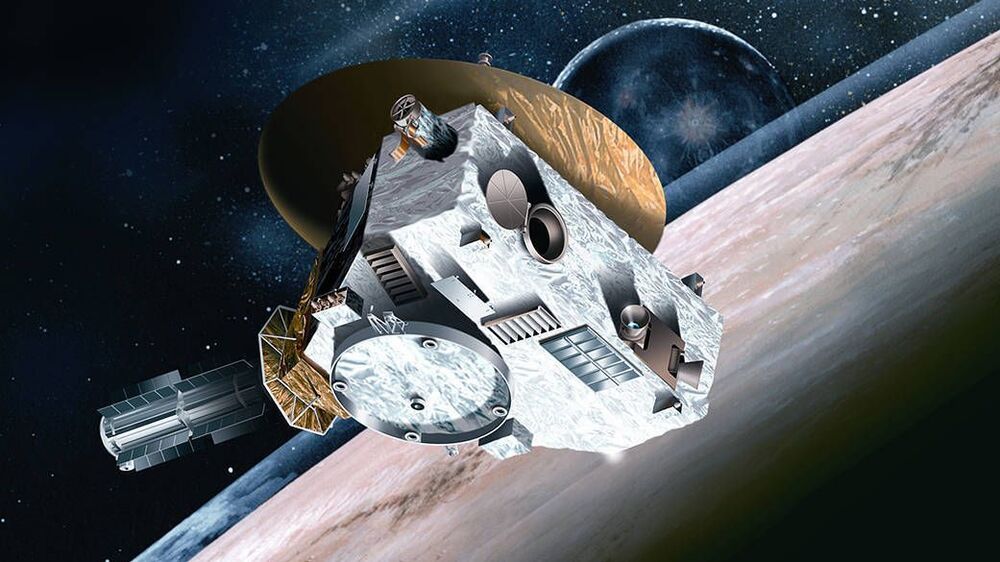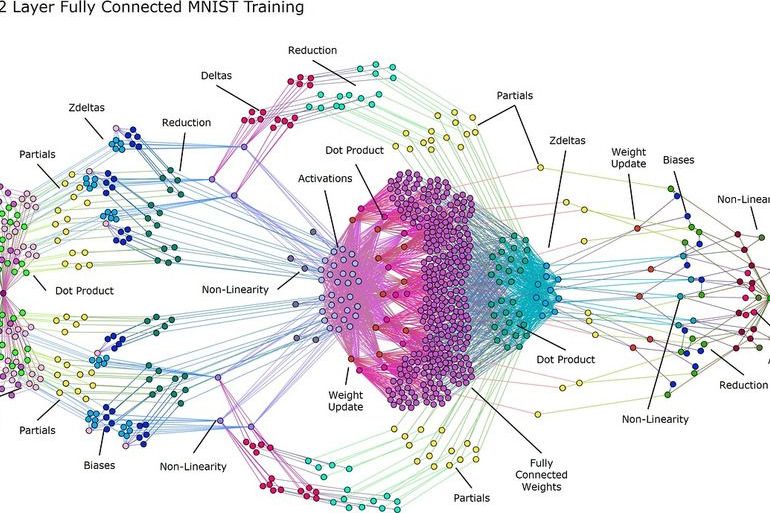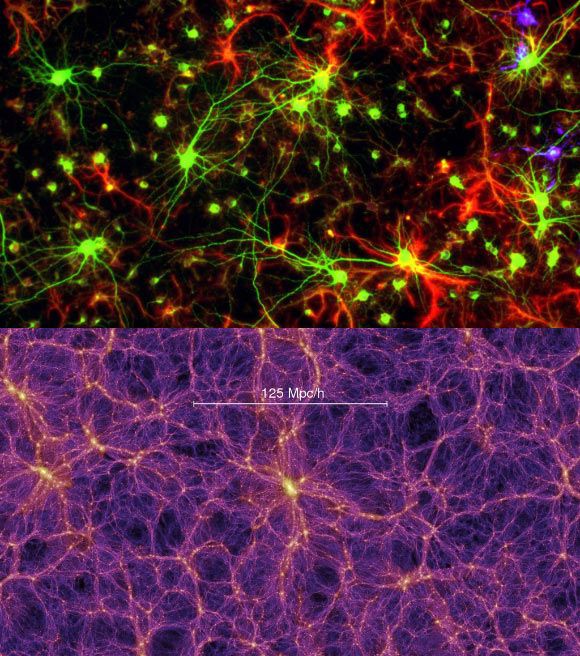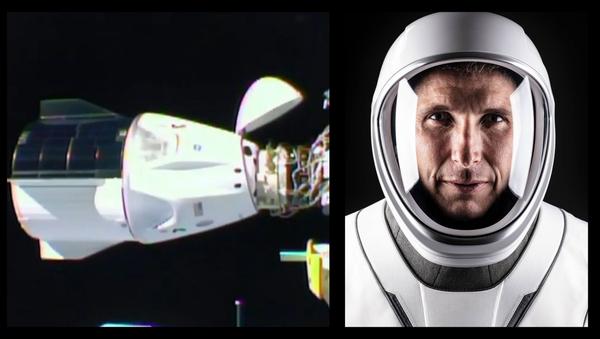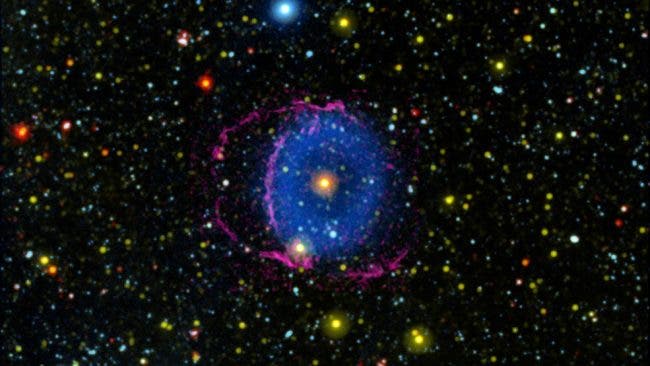SpaceX launched NASA and Japan Aerospace Exploration Agency (JAXA) astronauts atop a Falcon 9 rocket aboard the Crew Dragon Resiliece spacecraft on a voyage to the International Space Station (ISS) on Sunday. After a 27-hour trip, Crew-1 NASA astronauts Michael, Victor Glover, Shannon Walker, and JAXA astronaut Soichi Noguchi arrived to the orbiting laboratory on Monday night. Dragon Resilience docked to the station’s Harmony module where it will remain until the astronauts head back to Earth. “SpaceX, this is Resilience, excellent job right down the center,” radioed SpaceX mission control in Hawthorne, California. “SpaceX and NASA, congratulations. This is a new era of operational flights to the International Space Station from the Florida coast.”
Upon arrival Crew-1 astronauts were welcomed by Expedition 64 crew members, NASA Astronaut Kate Rubins and Russian cosmonauts Sergey Kud-Sverchkov and Sergey Ryzhikov. Crew-1 astronauts will stay at the space station for six months to conduct science research. This is the first long-duration ISS crew in history that features seven members. The space station does not have enough sleeping quarters for all members, only for six. So, one of the Crew-1 astronauts will sleep aboard the Crew Dragon spacecraft.
NASA Astronaut is Commander of the Crew-1 mission, he decided he will be who sleeps inside Crew Dragon while its docked at the space station. said he will sleep inside the spacecraft until another sleeping pod is delivered to ISS, which could arrive three months from now or after the Crew-1 is scheduled to return. He shared that it is an old tradition for a commander to sleep inside the spacecraft. —“I think there’s a tradition that oftentimes in the shuttle days, the commander usually slept in the cockpit,” said during a press conference. “So, at least for me, it just felt right that was where I needed to be. If any of us were going to sleep there, I felt like it should have been me.”

